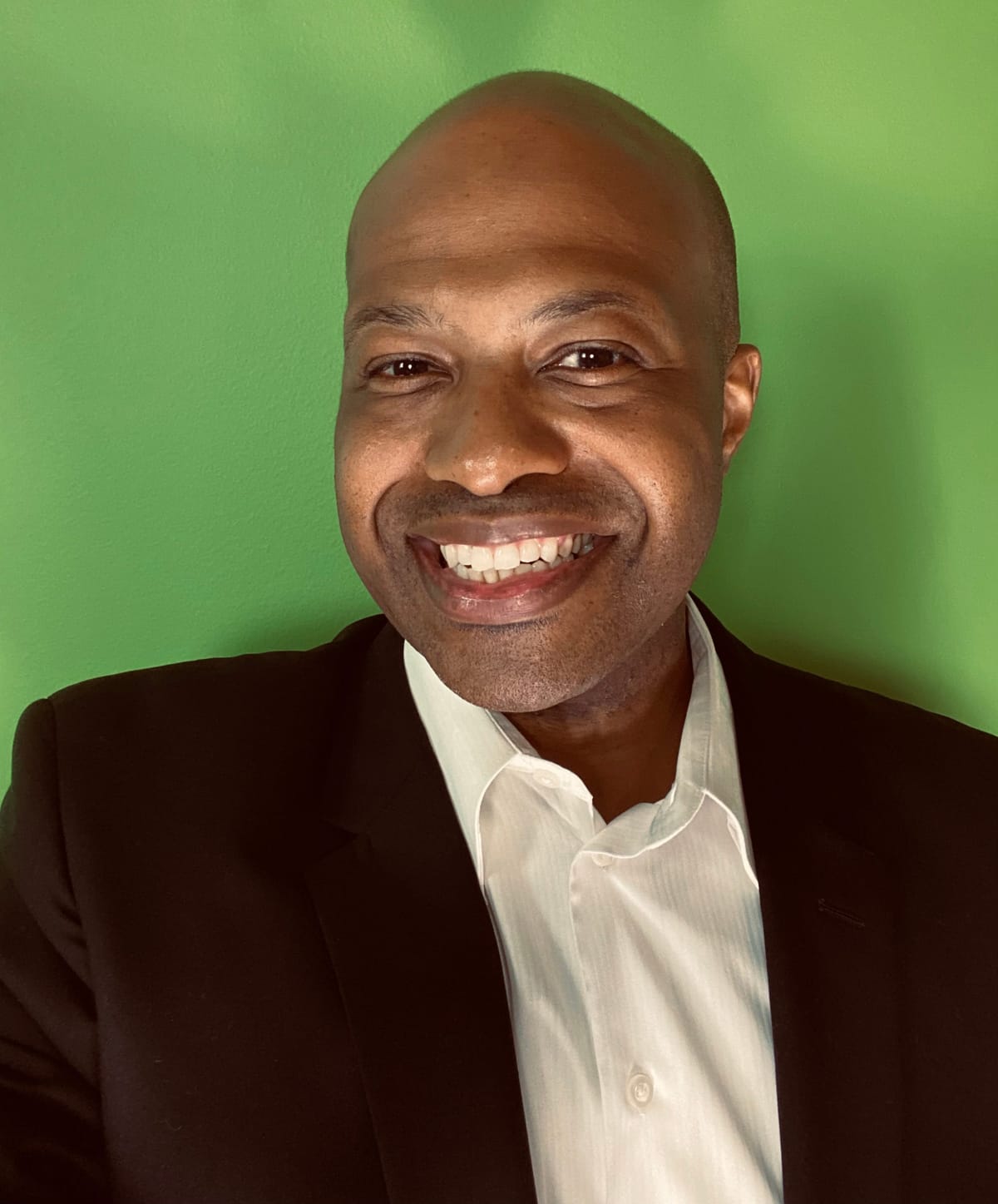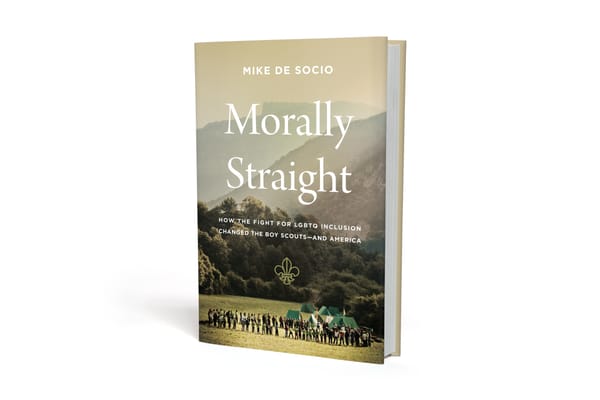How Gary Carroll is doing as the nation's first openly gay scout executive
In his first few months on the job, Carroll has found a welcoming community, and the momentum he needs to make real progress.

Gary Carroll started his new job as the scout executive of Cascade Pacific Council in Portland at the beginning of the summer; in other words, at the beginning of camp season.
This couldn’t have been better timing for Carroll, who previously spent 15 years working at a Scout camp. So he played to his strength, spending much of his first few months on the job out at camp, in his element, talking to anyone and everyone.
“They were very happy to see that I was who I was,” said Carroll, who is the nation’s first openly gay scout executive, and the council’s first Black scout executive. “They felt represented in a way that they'd not been represented before, that they could be fully themselves.”
Carroll said camp staffers felt empowered knowing that a gay man could rise through the ranks of professional Scouting, and that they could raise issues with a leader who was empathetic to their situation.
And, of course, Carroll got a lot of thank-you’s.
“This was a very competitive position, and I’m the one that’s super thankful. I’m the one that feels lucky to be here,” he said. “So to hear all of these volunteers and people who are on the staff expressing that same sentiment, was very surprising to me.”
Perhaps it shouldn’t be. While Carroll is adamant that he didn’t seek this role for the sake of “being a first” (in fact, he almost didn’t apply at all), the symbolism of his new job is not lost on him.
“It definitely has been pretty great to have that as sort of a thing that’s been an accolade, I guess. But it’s not—I don't really focus on it at all,” he told me. “Anybody could have been the first, right?”
Carroll went into the role with plans to fully embrace his identities, and to lead the council through the BSA’s emergence from bankruptcy with a new focus on delivering outstanding program to youth.
It’s still early days, but Carroll has notched a couple of wins already.
He’s re-orienting his team around the idea of collaboration, with the ultimate goal of breaking down the unintentional silos that form in any workplace for the sake of efficiency. “My style is super collaborative, and [there’s] an expectation that we, our teams, talk to each other, and we work with one another to solve some of the bigger problems,” Carroll said.
He also lead the council through the sale of its office building, a goal that pre-dated Carroll, but was aimed at finding a new space and location better suited to the council’s mission. (Carroll said the current space, which the council is leasing back until it finds a new home, looms large at 24,000 square feet for a handful of employees who are there any given day).
But as with any new job, Carroll has faced a few challenges, too.
“There are still people in general that don’t quite—that still have a mindset of the Boy Scouts not being an inclusive organization,” he said, referring to his LGBTQ+ friends and colleagues outside of Scouting. Folks who are not involved, and not aware of the progress Scouting has made, tell Carroll he’s being taken advantage of in his new role. “That’s been hard,” he said.
“Inside of Scouting has been great. Our community has been such a loving and wonderful place,” Carroll explained. But he knew going into this job that he’d face some skepticism from the wider community. “It’s very important to continue to let people know that we are very inclusive and will continue to do this type of work.”
He often looks to the current generation of young scouts for inspiration.
“I love these kids. They are frickin’ amazing. They surprise me with how easy it is for them to be just accepting. And the anxiety that we had around all of our identity issues, just doesn't seem to exist with this generation, and that is just so hopeful. I love that. I absolutely love that, and I want to support it, I want to protect it,” Carroll said.
He saw it all the time at camp this summer: Kids walking around with such ease, readily accepting they/them pronouns or an identity that’s not their own. “It’s just such a great feeling to see the level of respect and support that they have for one another.”
The challenge, sometimes, is the adults in the room that aren’t always willing to get out of the way and let kids be themselves, Carroll said.
“At the end of the day, our kids just need to be themselves. And there’s nothing wrong with allowing them to do that.”




